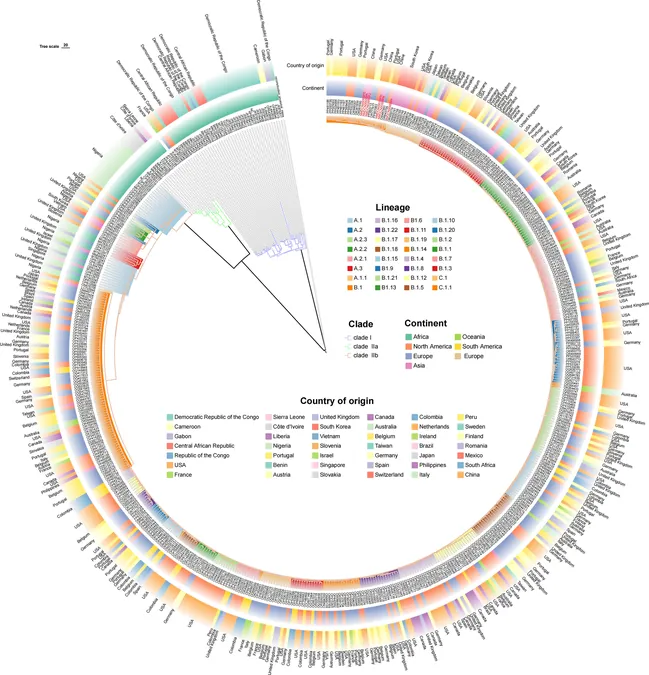
Holiday Alert: Spotting Early Signs of Dementia This Christmas
2024-12-23
Author: Ming
What Exactly is Dementia?
Dementia is a progressive syndrome that impacts various cognitive abilities, including memory, reasoning, and communication skills. While it primarily affects older adults, it is essential to note that dementia is not an inevitable part of aging. Globally, there are already 55 million diagnosed cases, and nearly 10 million new cases are identified each year, signifying an alarming trend.
Common symptoms involve general forgetfulness, mood swings, difficulty following conversations, and confusion about time and place. Recognizing these signs can lead to timely intervention and a better quality of life for those affected.
Christmas and Its Unique Challenges for Dementia Patients
Though "Christmas dementia" is not a clinical term, many families may notice changes in their relatives during the holiday season. The shift in routine during Christmas—such as travel, family gatherings, and altered schedules—can trigger anxiety and confusion in individuals with dementia. Furthermore, the hustle and bustle can lead to sensory overload, making situations overwhelming.
Dr. Jeremy Isaacs of NHS England highlighted that family gatherings provide a prime opportunity for noticing any cognitive decline that might have gone unnoticed during less frequent interactions. It’s the first time in many months that relatives may fully embrace the signs and symptoms of dementia.
Jennifer Keen from Alzheimer’s Society stresses that while Christmas is a time for celebration, it may also reveal changes in loved ones that warrant attention. Alarmingly, a third of dementia patients in England remain undiagnosed. She encourages that seeking a diagnosis is a pivotal step towards obtaining crucial care and managing symptoms.
Empowering Families: Tips for Managing Christmas with Dementia
To navigate the complexities of celebrating Christmas with loved ones who may have dementia, here are some practical strategies:
1. **Maintain Familiarity**: Keep daily routines as consistent as possible to reduce anxiety.
2. **Prepare in Advance**: Use visual cues, such as calendars or reminders, to help your loved one adapt to any changes.
3. **Limit Travel**: If feasible, avoid lengthy journeys and stick to familiar environments.
4. **Create Calm Spaces**: Establish a quiet area in your home where they can retreat to if overwhelmed.
5. **Stay Observant**: This festive season is an opportunity to notice any cognitive struggles, such as forgetfulness or difficulty with planning.
Conclusion
In summary, while Christmas celebrates togetherness, it also brings unique challenges, particularly for those experiencing dementia. By staying informed and proactive, we can look out for signs and ensure our loved ones receive the support they need to enjoy the festive season fully.
Stay tuned for more informative updates and strategies to navigate health concerns during this holiday season!


 Brasil (PT)
Brasil (PT)
 Canada (EN)
Canada (EN)
 Chile (ES)
Chile (ES)
 España (ES)
España (ES)
 France (FR)
France (FR)
 Hong Kong (EN)
Hong Kong (EN)
 Italia (IT)
Italia (IT)
 日本 (JA)
日本 (JA)
 Magyarország (HU)
Magyarország (HU)
 Norge (NO)
Norge (NO)
 Polska (PL)
Polska (PL)
 Schweiz (DE)
Schweiz (DE)
 Singapore (EN)
Singapore (EN)
 Sverige (SV)
Sverige (SV)
 Suomi (FI)
Suomi (FI)
 Türkiye (TR)
Türkiye (TR)